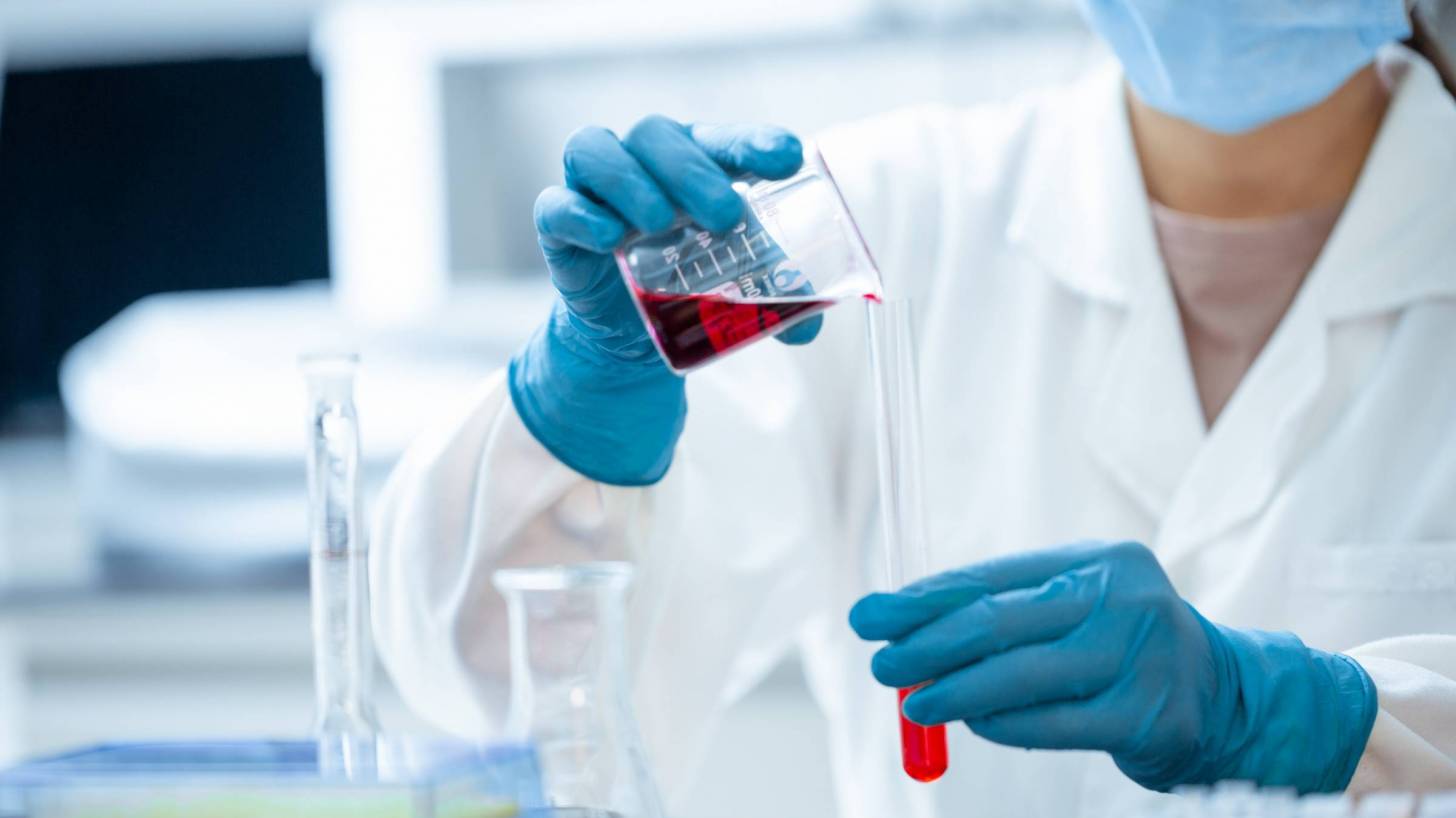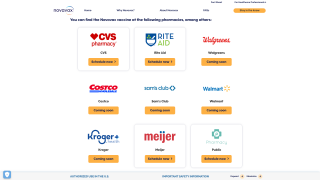Pandemic Preparedness Plan Targets Prototype and Priority Pathogens

As the global COVID-19 pandemic continues into its third year, the National Institute of Allergy and Infectious Diseases (NIAID) confirmed it is focusing on preparing for a range of other viral threats that could cause a public health emergency.
For decades, led by Director Anthony S. Fauci, M.D., the NIAID has launched research responses and developed medical countermeasures to combat emerging infectious diseases such as HIV/AIDS, Middle East respiratory syndrome, Ebola, Zika, SARS-CoV-1, and SARS-CoV-2 viruses.
According to NIAID’s new Pandemic Preparedness Plan, informed by a November 2021 workshop, the institute will direct its preparedness efforts on two fronts.
First, researchers will identify “prototype pathogens” — viruses within viral families that can cause significant human disease.
Knowledge gained from studying prototype pathogens will also build a framework for a rapid research and product development response for other viruses within that virus family should an outbreak occur.
For example, NIAID’s earlier research on SARS-CoV-1 and MERS-CoV informed rapid vaccine development for SARS-CoV-2 in 2020.
The plan’s second key research focus is on priority pathogens — viruses already known to be capable of causing significant human illness or death, such as the Zika virus.
The NIAID plans to support critical basic and preclinical studies to characterize these prototype and priority pathogens, including understanding viral biology and structure, host-immune responses, mechanisms of immune evasion, disease pathogenesis, and animal models of disease.
And the NIAID will apply this knowledge to conduct translational and clinical research to develop diagnostics; therapeutics, including antivirals, monoclonal antibodies, broad-spectrum approaches, and vaccines.
These efforts are designed to shorten timelines between pathogen emergence and authorization/approval of candidate products.
According to the Plan, the institute’s comprehensive preparedness efforts will include novel epidemiology and pathogen discovery programs, pre-clinical and clinical infrastructure capacity, technology enhancements to hasten therapeutic and vaccine development, and a robust and coordinated communication structure.
Moving forward, NIAID will continue to engage the scientific community and the U.S. and global partners to ensure preparedness planning efforts are collaborative, integrated, and aligned with current scientific research.
The National Institutes of Health is the nation's medical research agency, includes 27 Institutes and Centers, and is a component of the U.S. Department of Health and Human Services.
PrecisionVaccinations publishes fact-checked, research-based antibody, antiviral, and vaccine news.
Our Trust Standards: Medical Advisory Committee
























